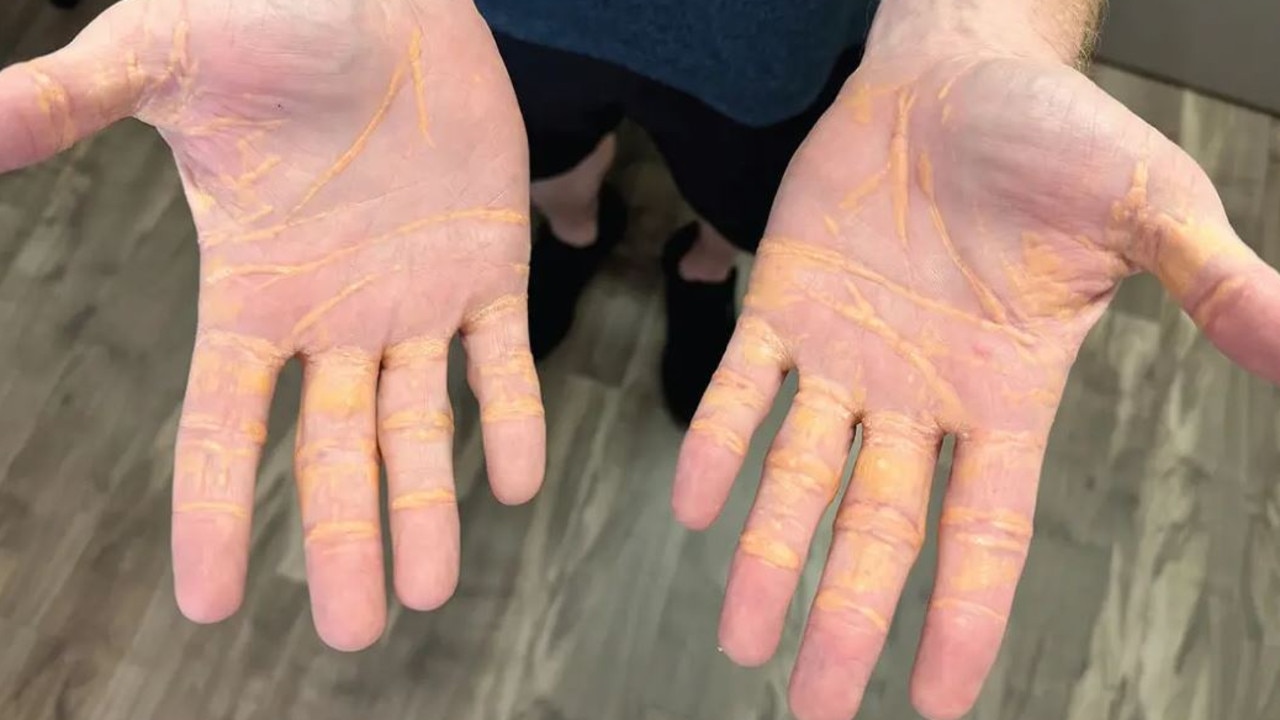‘Don’t be like me’: Bowel cancer signs woman wished she hadn’t ignored
A woman who developed a change in her bathroom habits has urged others not to ignore the worrying health symptom.
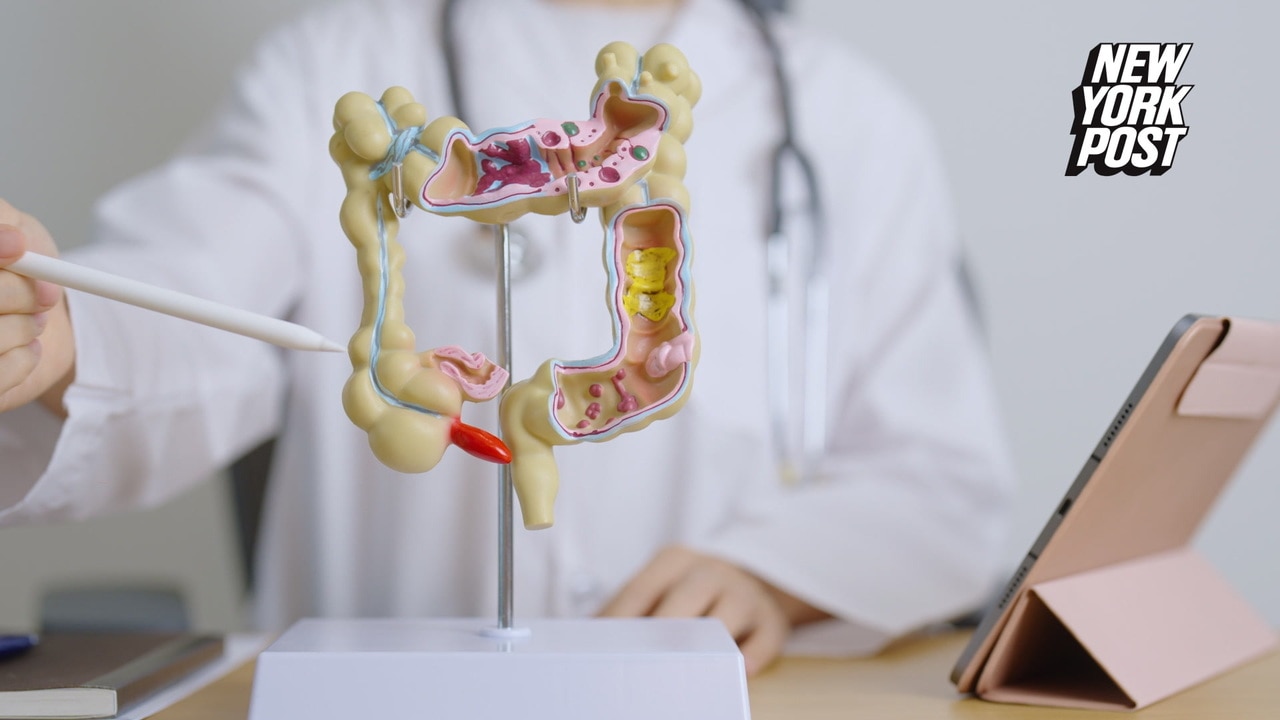
Illness
Don't miss out on the headlines from Illness. Followed categories will be added to My News.
A bowel cancer survivor has shared the five signs and symptoms she ignored before being diagnosed with the life-threatening disease.
Cheryl, was diagnosed with stage 3 colorectal cancer at the age of 44.
Since recovering from the condition, which affects about 15,000 Aussies every year, she has become a fierce advocate for awareness on TikTok.
Bowel cancer has long been associated with older adults, especially people over 65. However, rates among adults under 50 have been steadily increasing since the 90s, the New York Postreports.
Oncologists have partly blamed the concerning rise on obesity, a sedentary lifestyle, the Western diet, excess sugar consumption, and environmental factors such as pollutants in the air, soil, and water.
The spike in bowel cancer cases is so worrying, the US Preventive Services Task Force changed its colorectal cancer screening guidelines in 2021 to lower the recommended age to start screening from 50 to 45 for those experiencing symptoms and those with a family history of colon cancer may be eligible earlier.
But Cheryl, who posts under the handle @just.cherl, has a warning of her own and has shared a video detailing the signs she wished she hadn’t ignored in a bid to help others.
Colorectal cancer develops in the tissues of the colon or rectum — both are part of the large intestine in the digestive system.
Early detection can improve survival chances. Treatment often involves surgery to remove the tumour, chemotherapy and radiation therapy.
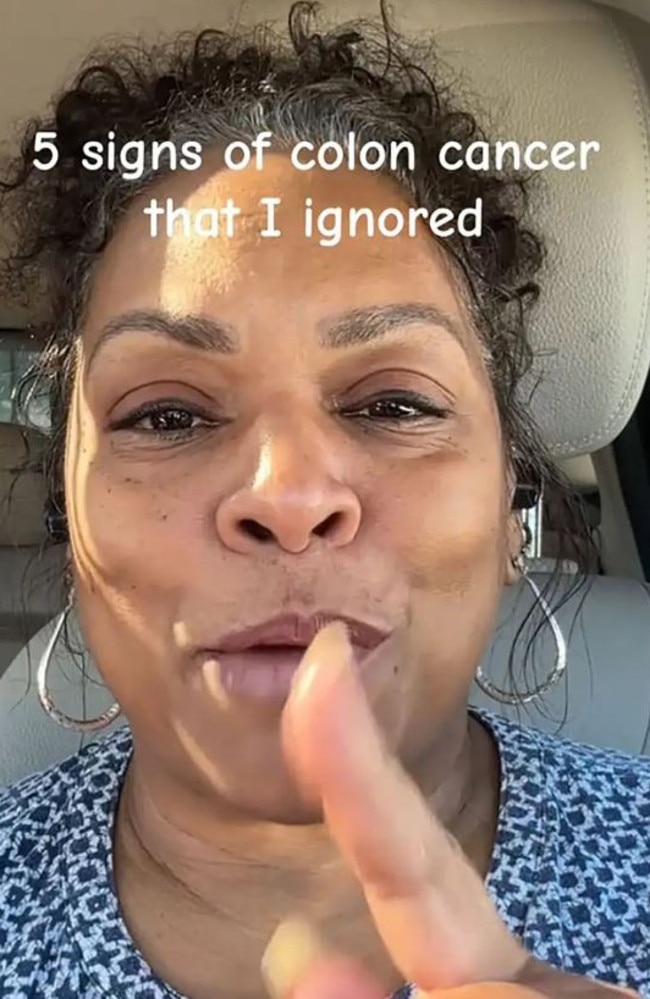
“Don’t be like me if you are truly having issues, then go get checked,” Cheryl imparted. “Early detection is the key. It’s OK to be nervous and afraid, but not to the point of doing nothing.”
Stomach ache
Cherly noted that after meals, she would experience severe stomach pain that felt akin to a food allergy.
“Every time I ate something, I would get sick. My stomach would just hurt. It came to the point that I became an introvert because I couldn’t go out,” she explained.
“I couldn’t do that because who knows when I would have to excuse myself and go to the bathroom. If you have a stomach-ache after two out of three meals, there’s something wrong.”
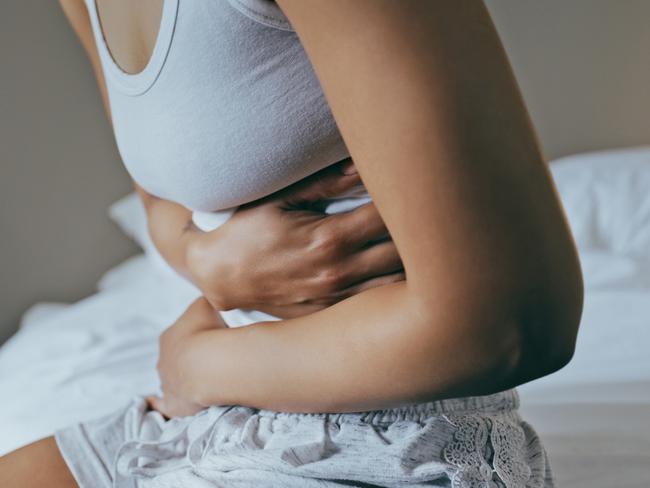
Changes in bowel movements
Constipation now and then isn’t a cause for concern, but if you’re normally regular — and then you’re stopped up for weeks or months at a time — that’s not normal and could be a sign that cancer is obstructing your bowels.
Very thin stools can also be a sign, as can severe diarrhoea.
Cheryl said that for years before her diagnosis, she experienced severe constipation followed by diarrhoea.
“I would go three to four days without having a bowel movement and then diarrhoea. This was in the early stages when if I had gone to the doctor and they did a colonoscopy, they might have seen the precancerous polyps,” she said.
She emphasised that people who regularly rely on over-the-counter medications “either to go to the bathroom or not go to the bathroom” should seek medical treatment as soon as possible.
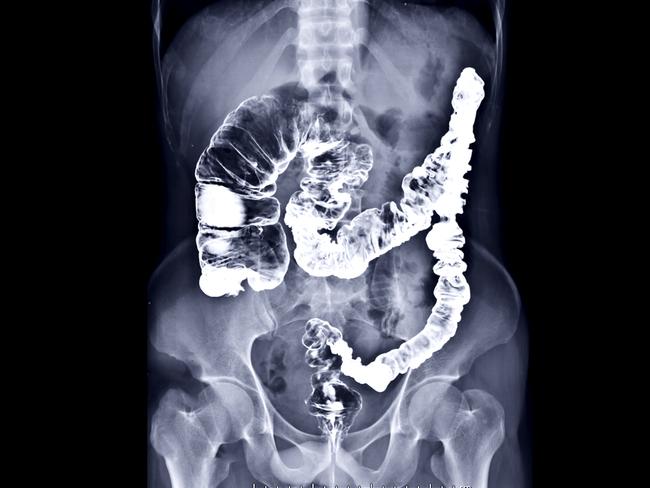
Low iron
Cheryl said she started having issues with low iron two decades before her diagnosis. She was unable to donate blood during a routine Red Cross blood drive at work.
Bleeding from bowel tumours can lead, over time, to anaemia, a condition that occurs when the body doesn’t have enough healthy red blood cells.
Anaemia is present in 30 per cent to 75 per cent of colorectal cancer patients, according to 2023 research.
Chest pain
When Cheryl engaged in exercise or other cardiovascular activities, her heart rate would elevate, and she would feel extreme pain in her chest.
“It felt like my heart was going to beat out of my chest. And anytime I would stand up, I would feel faint.”
She explained that the combination of chest pain and dizziness was the result of a lack of blood in her system. “All of my blood was going to my tumours.”
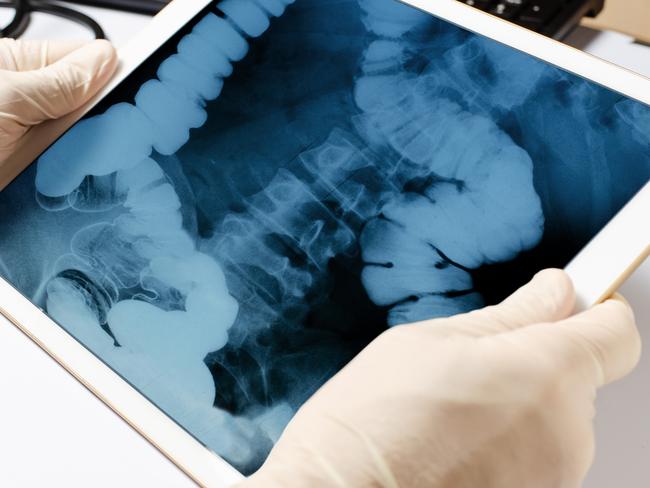
Blood in stool
Recent research found that the most common red flag for bowel cancer in young people was rectal bleeding, as nearly half of those diagnosed reported blood on their toilet paper or in their toilet bowl.
Cheryl, who experienced haemorrhoids in her teens and 20s, dismissed this critical sign.
“I just thought it was normal, and then later on, when the cancer progressed, the blood was really dark, almost black. I was thinking the whole time that I had an ulcer,” she said.
While blood can be a symptom of colon cancer, other causes of rectal bleeding include IBD, anal fissures, and haemorrhoids. In any case, this type of bleeding should be addressed and assessed by a medical professional.
In 2024, around 5000 Australians lost their lives to bowel cancer, which is the fourth most commonly diagnosed cancer in the country.
This article originally appeared on the New York Post and was reproduced with permission
Originally published as ‘Don’t be like me’: Bowel cancer signs woman wished she hadn’t ignored




